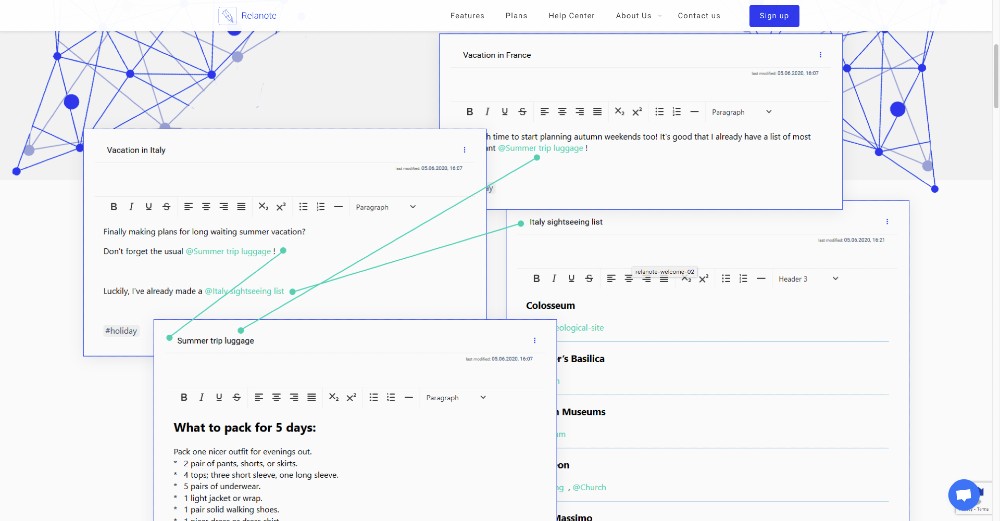Fully 60-70% of consumers access real estate information via mobile. Brokers may be wasting their money driving consumers to conventional non-mobile-friendly websites, no matter how much SEO they do. A 2013 NAR study shows that 68% of consumers already use a mobile device rather than a desktop or laptop computer to look for a new home. As far back as 2012, 61% of consumers on a tablet or phone who visit a website that isn’t mobile friendly leave the site immediately and may never come back.
Only seven out of the 59 popular real estate website solutions I evaluated had mobile offerings that were high-quality enough to appeal to consumers. If your website is not mobile-friendly, it’s time to get a new website.
What is Mobile-Friendly, Really?
A mobile-friendly site looks good on a mobile-sized screen; it may use mobile features such as touchscreen and GPS. Consumers know how to access the site’s features and navigate at a glance. Finally, a mobile site has the same visual and emotional impact as a desktop site.
There are three kinds of mobile friendly sites: responsive, adaptive, and app. 33 out of 59 vendors had mobile solutions. Out of these, 8 were responsive, 19 were adaptive, and 4 had an “app” – a program, not a web site. Two vendors offered both an adaptive solution and an app.
Responsive websites transform your existing website contents to look good on whatever size device you happen to be viewing it on. Graphics shrink, text reflows, and everything fits without becoming too small to see. The user gets the complete site experience, and you only have to maintain one site.
Adaptive websites serve up different content depending on the device with which you access them; they use different templates depending on whether you are on a 4” smartphone, a 5” high-res smartphone, or a 7” tablet. Because of this, content fits a screen more closely than with a responsive site, and the sites are more optimized for mobile performance. You access the mobile site at a different URL – for example, m.mobilerealty.com, where “m” stands for “mobile.” A drawback is that you must maintain two different sites, instead of one as with responsive sites. Combined with running your desktop site, an adaptive site can mean increased initial and ongoing cost and effort.
Apps are installed applications, like every other program on your phone — not websites. The programmer isn’t limited by how a web browser looks and works; rather, she has complete control over the appearance and functionality. The downside to an app is that it has absolutely nothing to do with your website; you have to update each, and updating an app takes a higher and more expensive level of programming than for a website. Finally, you have to get the consumer to download and install the app – an extra decision that stands in the way of the consumer getting to your content.
Quality apps require a high enough development level that they’ve been deployed mostly by nationwide organizations like realtor.com; the big fish dominate what you’ll see at your local app store. Apps for brokers and agents are just starting out. If you’re considering an app instead of a mobile website, consider whether it will have visibility compared to the nationals, whether customers will install it, and whether they will keep it on their phones. Given that consumers often check out multiple agent websites before making first contact, they may not keep all of the agents’ apps around during the decision-making process.
Broker agent apps can be a helpful addition to an existing mobile website; first the website sells the consumer on you, and then the consumer downloads your app, which gives the consumer features like GPS location and mapping, augmented reality, and so on. This one-two strategy – an app complementing a strong adaptive or responsive web presence, will become more popular over time.
What’s Next?
Look at your own website through the eyes of a mobile user. Use your phone and tablet to visit your site. Consider the mobile experience others have on your site using other devices – different Android phones, tablets, iPhones, and iPads. Don’t be shy about enlisting friends and colleagues for assistance, using a device you don’t own to view your site.
- Does your site look right on the phone or mobile device?
- Are text and graphics the right size and proportion?
- Can you read your site without flipping your phone sideways to make the whole site fit?
- Can you read all the text on your site clearly and without straining?
- Can you press the buttons and links easily, and navigate between different parts of your site?
- Is everything you need on the first page that comes up on your phone? If not, is there a “teaser” that makes you scroll downward?
- Do all the features work properly (i.e., mapping)?
- Does your site load quickly on the mobile connection?
If your site isn’t giving you a satisfying mobile experience, it may be time for you to consider adding mobile capability to your site.
Matt Cohen has been with Clareity Consulting for over 17 years, consulting for many of the real estate industry’s top Associations, MLSs, franchises, large brokerages and technology companies. Many clients look to Matt for help with system selection and negotiation. Technology providers look to Matt for assistance with product planning, software design, quality assurance, usability, and information security assessments. Matt has spoken at many industry events, has been published as an author in Stefan Swanepoel’s “Trends” report and many other publications, and has been honored by Inman News, being listed as one of the 100 Most Influential Real Estate Leaders.

















































